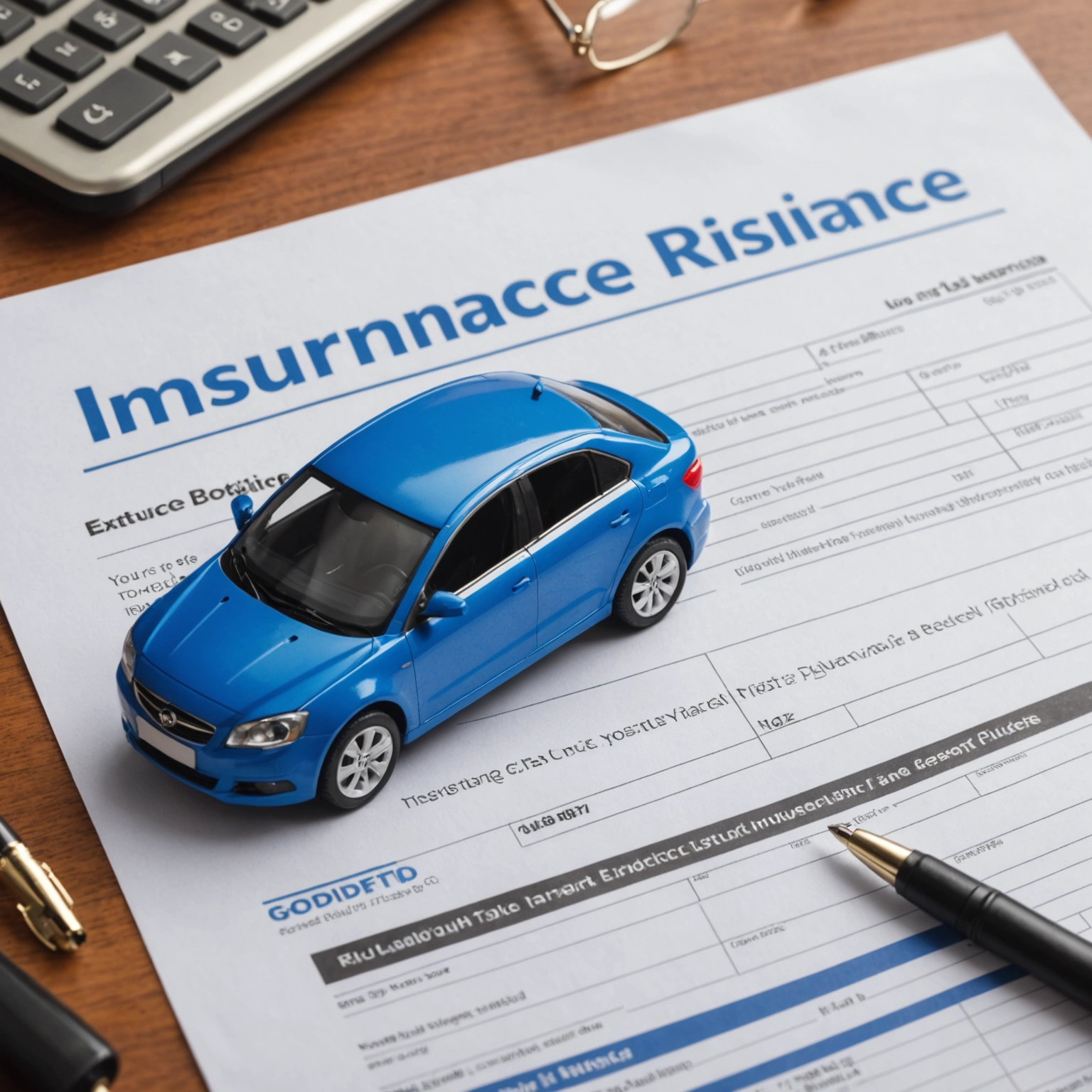**Why Do My Car Insurance Rates Keep Going Up?**
If you’ve noticed your car insurance premiums increasing over time, you’re not alone. Many drivers experience rising costs, leading to questions about what’s causing these changes and how to manage them. Understanding the common reasons behind increasing insurance rates can help you make informed decisions and potentially find ways to save.

### 1. **Driving Record and Claims History**
Your driving history plays a significant role in determining your insurance premiums. Accidents, traffic violations, or claims filed in the past can lead to higher rates. Even minor infractions or multiple claims over several years can signal increased risk to insurers, prompting rate hikes.

### 2. **Changes in Your Location**
Where you live impacts your insurance costs. Areas with higher traffic density, theft rates, or accident statistics tend to have higher premiums. If you’ve moved to a new neighborhood with increased risk factors, expect your rates to adjust accordingly.

### 3. **Vehicle Value and Age**
As your car ages, its replacement cost decreases, which can lower premiums. Conversely, if you purchase a newer or more valuable vehicle, coverage costs might rise due to higher repair or replacement costs. Additionally, certain models with a higher likelihood of theft or costly repairs can lead to increased rates.

### 4. **Rising Repair and Medical Costs**
Inflation in the automotive repair industry and medical expenses directly impact insurance costs. When repair parts or medical treatments become more expensive, insurance companies often pass these costs onto policyholders through increased premiums.
### 5. **Changes in Coverage or Deductibles**
Adjusting your policy—such as increasing coverage limits or lowering deductibles—will typically raise your premiums. Conversely, reducing coverage can lower costs but may leave you underinsured in the event of an accident.
### 6. **Credit Score**
In many regions, insurers consider credit scores when calculating premiums. A decline in your credit score can lead to higher rates, as insurers associate lower scores with higher risk.
### 7. **Policyholder Demographics**
Age, gender, and even marital status can influence rates. Younger drivers or those with less driving experience often face higher premiums. Over time, demographic shifts or changes in your profile can affect costs.
### 8. **Insurance Market Trends**
Broader industry factors, such as increased claims due to natural disasters, rising healthcare costs, or legal changes, can cause insurance companies to raise premiums across the board. During such periods, everyone’s rates might increase, regardless of individual circumstances.
### 9. **Lapses in Coverage or Policy Changes**
If you’ve allowed your policy to lapse and then reinstated it, or if you’ve made significant changes to your coverage, these can impact your premiums. Continuous, good-standing coverage often results in better rates.
—
### Tips to Manage Rising Insurance Costs
– **Shop Around:** Regularly compare quotes from different providers.
– **Bundle Policies:** Combining auto insurance with other policies (like home) can offer discounts.
– **Maintain a Clean Driving Record:** Avoid accidents and violations.
– **Increase Deductibles:** Higher deductibles can lower premiums if you’re comfortable with out-of-pocket costs.
– **Ask About Discounts:** Good student, defensive driving courses, low mileage, and safety features can qualify you for discounts.
– **Improve Your Credit Score:** Maintain good credit habits to potentially reduce rates.
—
### Final Thoughts
Insurance rates are influenced by a complex mix of personal, regional, and industry factors. While some increases are unavoidable, staying informed and proactive can help you minimize costs and keep your coverage affordable. If your rates are rising unexpectedly, it’s always worth reviewing your policy and consulting with your insurer to understand the specific reasons and explore available options.
**Stay safe on the road—and financially savvy off of it!**

